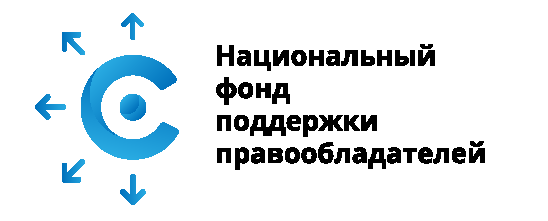George Crumb
Federico's Little Song for Children for voice, flute and harp
An Idyll for the Misbegotten (Images III) for flute and three percussionists
Program:
George Crumb
Federico's Little Song for Children for voice, flute and harp
An Idyll for the Misbegotten (Images III) for flute and three percussionists
Performers:
Ekaterina Kichigina, soprano
Maria Feodorova, harp
Marina Rubinshtein, flute
Andrey Nikitin, percussion
Andrey Vinnitsky, percussion
Vladimir Terekhov, percussion
Program:
Gérard Grisey
Partiels for 18 musicians (1975)
Igor Kefalidis
Apophonie for two pianos, electronics and video (2016)
Charles Ives
The Unanswered Question for chamber orchestra (1906)
Vladimir Tarnopolski
Cassandra for large ensemble (1991)
Igor Stravinsky
Scherzo à la russe version for ensemble of Kirill Umansky (1944/2017)
Performers:
Mona Khaba, piano
Natalia Cherkasova, piano
Igor Kefalidis, electronic
Alexander Pettai, Yan Kalnberzin, video
Studio for New Music ensemble
Conductor — Sergey Akimov
Program:
Alexander Mosolov
Four Newspaper Advertisements for voice and piano (1926)
Rodion Shchedrin
Three Funny Pieces for violin, cello and piano (1997)
Alexey Sioumak
March! for flute, percussion and piano (2013)
Vladimir Deshevov
The Rails for piano (1927)
Alfred Schnittke
Serenade for chamber ensemble (1968)
Performers:
Ekaterina Kichigina, soprano
Olga Galochkina, cello
Natalia Cherkasova, piano
Mona Khaba, piano
Studio for New Music ensemble
Conductor — Sergey Akimov
Program:
Georgy Dorokhov
Manifest for 3 polyfoams (2009)
Daria Zvezdina
no-shelled for flute, violin, piano and sine tone (2018)
Peter Ablinger
Regenstück (from «Instruments &») for ensemble, water and membrane (2007) Russian Premiere
____________________
20:00
Discussion 1
Anatoly Osmolovsky, visual artist, art theorist, founder of the BAZA Institute
Simon Mraz, cultural attaché at the Austrian Embassy in Moscow, director of Austrian Cultural Forum in Moscow
Klaus Lang, composer, special guest of the festival (Austria)
____________________
21:00
Dmitry Burtsev
Body, My Traitor for accordion solo (2016)
Pavel Polyakov
What Flowers Tell Me for violin (2019) World Premiere
Kirill Shirokov
Seventeen Fragments of Music for solo viola (2016) /
Numbers, version for 12 performers (2018/2019) World Premiere
Klaus Lang
The Ocean of Yes and No for ensemble (2008) Russian Premiere
____________________
22:00
Discussion 2
Composers participating the concert
Performers:
Pavel Polyakov, violin
Studio for New Music Ensemble
Igor Dronov, conductor
Supported by the Austrian Cultural Forum Moscow

Program:
Klaus Lang (*1971 Graz / Austria) lives in Steirisch Lassnitz (Austria). He studied composition and theory of music (with H.M. Preßl, B. Furrer and Y. Pagh-Paan) and organ. Klaus Lang loves tea and dislikes lawnmowers and Richard Wagner. Klaus Lang’s music is not a means to convey extramusical contents, such as emotions, philosophical or religious ideas, political propaganda, advertisement etc… His music is no language used to communicate non-musical content. Music is seen as a free and selfstanding acoustical object. In his work he is not using sound, sound is explored and given the opportunity to unfold its inherent rich beauties. Only when sound is just sound it is percievable as that what it really is: a temporal phenomenon – audible time. Klaus Lang sees time as the genuine material of a composer and at the same time also the fundamental content of music. In his view musical material is time perceived through sound, the object of music is the experience of time through listening. Music is time made audible.
Admission free
Supported by the Austrian Cultural Forum Moscow

Program:
Multimedia Project «Double Jeu» (2019)
Russian Premiere
Jesper Nordin
Calm Like a Bomb
Alexander Vert & José Miguel Fernandez
Double Jeu
Jesper Nordin
Ashes in the Fall
Performers:
Ensemble Flashback (France)
Diego Tosi, violin
Thomas Pénanguer, digital visual artist
____________________
20:00
Discussion
Diego Tosi, violin player of the Ensemble Intercontemporain, guest of the festival (France)
Alexander Vert, composer, director of the Flashback ensemble, guest of the festival (France)
Thomas Pénanguer, digital visual artist, guest of the festival (France)
ADMISSION FREE
Co-project with Moscow Conservatory Centre for Electroacoustic Music and Moscow House of Composers supported by Italian Institute for Culture in Moscow
.jpg)

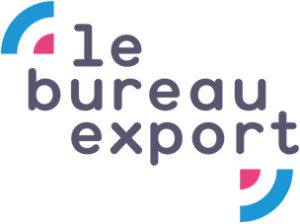
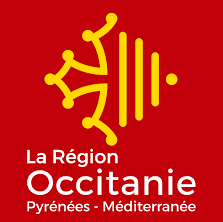
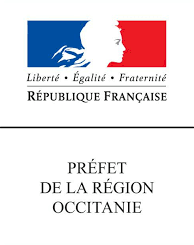
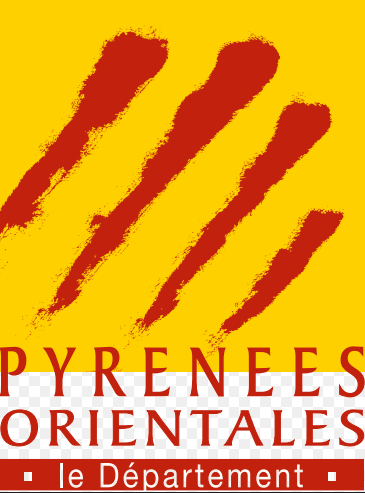
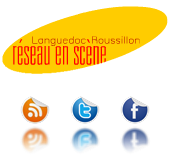
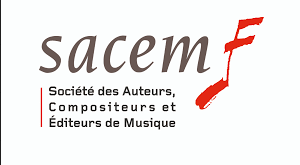
Performers:
Carl Dahlhaus. Selected Works on Music History and Music Theory
Translated by Stephan Naumovich (Germany)
Novikov Publishing House, 2019
The festival shall include a presentation of the first compilation of works of one of the most brilliant and authoritative German musicologists of the second half of the 20th century Carl Dahlhaus in Russian. The edition includes 23 articles grouped into several large sections: “Music Theory”, “History and Aesthetics of Music”, “Musical Historiography”, “Opera”. The book is opened with a section devoted to New Music, the study of which comprised a large portion of the scholar’s legacy.
In characterizing the scale of Dahlhaus’ personality, the academic editor of the edition Marina Raku writes: “not only in the German, but in the world community, we shall not find at the present time anyone equal to him in the depth and boldness of comprehension of the broadest and most complex processes, and especially those who, similarly to him, would not wish to rectify their flow in their historical descriptions or theoretical analyses.” In her opinion, the reaction to this book “must become in a certain sense a litmus paper of the condition of Russian musicology”.
The translator of the book Stephan Naumovich notes that the titles of Carl Dahlhaus’ works are often formulated in a polemic manner – in the form of questions: “Has formal analysis become out of date?”, “Does the twelve-tone row serve as a replacement for tonality?”, “Can music criticism be objective?”. Among this same set of materials, we can also classify the famous article of Dahlhaus, which has also been included in the present edition: “Why is it so difficult to understand New Music? A speech in defense of historical understanding”. According to Naumovich, “Dahlhaus, who acted to a certain degree as a “spokesman” for musicology in general, formulated his theme in an individual vein – not a celebratory elevation befitting the occasion, but rather a sense of alarm is sounded in his question. It is true, however, that the acknowledgement of a bitter reality in the first sentence of the heading (New music is difficult to understand) is in part alleviated by the hope expressed in the second sentence (possibly, the “historization” of the interrelations with New Music may yet help save the situation)”.
The book also includes other articles of Dahlhaus about new music – in particular, the “Emancipation of Dissonance”, “Schoenberg’s Aesthetic Theology”, “New Music and the Problem of Musical Genres”.
During the presentation the topics discussed will be the figure of Dahlhaus and its importance for European musicology, the book’s content and the significance of the published articles, as well as a description of how the process of translation was undertaken.
Participants of the Presentation:
Stephan Naumovich, musicologist, translator of the book
Marina Raku, musicologist, academic editor of the publication
Program:
Pierre Schaeffer, Pierre Henry
Symphonie pour un homme seul (1949–1950, fragments)
4. Erotica
9. Eroica
Mauricio Kagel
Zehn Maersche um den Sieg zu verfehlen for wind instruments and percussion (1978–1979) Russian Premiere
№№ 1, 2, 3, 9, 10
Alexey Sioumak
Hero's Last Dance for solo flute (2019) World Premiere
Nikolay Popov
Edit(a)Fill multimedia composition (2015)
video artist — Alexander Plakhin and Alexandra Golikova
Erwin Schulhoff
Sonata Erotica for female voice solo (1919) Russian Premiere
_____________________
20:00
Discussion
Igor Kondakov, professor of the department of history and theory of culture of RSUH, author of the book «Russian Mass Culture: from Baroque to Postmodern»
Anatoly Osmolovsky, visual artist and art theorist, founder of the BAZA Institute
Klaus Lang, composer, special guest of the festival (Austria)
_____________________
21:00
Bernhard Lang
Monadology XVI “Solfeggio” for flute (2011) Russian Premiere
Klaus Lang
Darkness and Freedom for flute, cello and accordion (2016/2017) Russian Premiere
Mauricio Kagel
Zehn Maersche um den Sieg zu verfehlen for wind instruments and percussion (1978–1979) Russian Premiere
№№ 8, 7, 6, 5, 4
Performers:
Manuel Zurria, flute (Italy)
Nadezhda Meyer, soprano
Alexey Smirnov, stage director
Nikolay Popov, electronics
Studio for New Music Ensemble
Sergey Akimov, conductor
_____________________
21:30
Alexey Sysoev
Wallpapers 3.2.24 (2019)
Performers:
Alexey Sysoev, piano / percussion / stepper motors
Vladimir Gorlinsky, guitar
Daria Zvezdina, viola
Dmitry Burtsev, accordion
Vasilisa Filatova, violin
18+
Supported by Austrian Cultural Forum and Italian Institute of Culture in Moscow

.jpg)
Program:
Manuel Zurria was born in Catania in 1962. Since 1980 he has been living in Rome. He has worked with some of the most important Italian composers such as Francesco Pennisi, Sylvano Bussotti, Aldo Clementi, Adriano Guarnieri, Franco Donatoni, Fabio Vacchi and Luca Francesconi. Particularly significant his long term collaboration with Salvatore Sciarrino and Alvin Lucier.
Zurria recently had the chance to collaborate with Arvo Pärt, Philip Glass, Terry Riley, Gavin Bryars, Giya Kancheli, Kaija Saariaho, György Kurtág, Louis Andriessen, Sofia Gubajdulina, Peter Eötvös a. o.
Zurria performed concerts all around the world at International Festivals such as: Venice Music Biennale, Pacific Music Festival (Sapporo-Japan), Musica (Strasbourg), Beethovenhalle (Bonn), Settembre Musica (Torino), De Yjsbreker (Amsterdam), IRCAM - Festival Agorà (Paris), ULTIMA (Oslo) and many others.
In 1990 he was one of the founders of Alter Ego, a leading group in Italy for contemporary music.
He released almost 40 CDs and vinyls.
Supported by Italian Institute of Culture in Moscow
.jpg)
Program:
François Sarhan
Ô Piano for speaking pianist, piano and prerecorded sounds (2012–16) Russian Premiere
Stefan Prins
Piano Hero #1 for midi-keyboard, live-electronics & video (2011–2012) Russian Premiere
Alec Hall
A Dog is a Machine for Loving for speaking pianist and electronics (2016–2018) Russian Premiere
Performers:
Stephane Ginsburgh, piano (Belgium)
Alec Hall, electronics (Canada)
____________________
20:00
Discussion
Irina Sirotkina, leading research fellow of the Institute for the History of Science and Technology of the Russian Academy of Sciences, historian of psychology and anthropologist
Roman Nasonov, associate professor of the foreign music subdepartment of Moscow Conservatory
Stephane Ginsburgh, pianist, guest of the festival (Belgium)
Alec Hall, composer, guest of the festival (Canada)
____________________
21:00
Salvatore Sciarrino
All’aure in una lontananza for flute (1977)
Kaija Saariaho
Dolce Tormento for piccolo (2005) Russian Premiere
Matthew Shlomovitz
Left Right Up Down Pogo for flute and physical actions (2014) Russian Premiere
____________________
21:30
Vladimir Gorlinsky
10 Orpheus Songs for voice, artificial reverberation and delay (2018) World Premiere
Performers:
Vladimir Gorlinsky, voice
Alexey Nadzharov, electronics
Supported by Italian Institut of Culture in Moscow and Wallonie-Bruxelles International (W.B.I.)
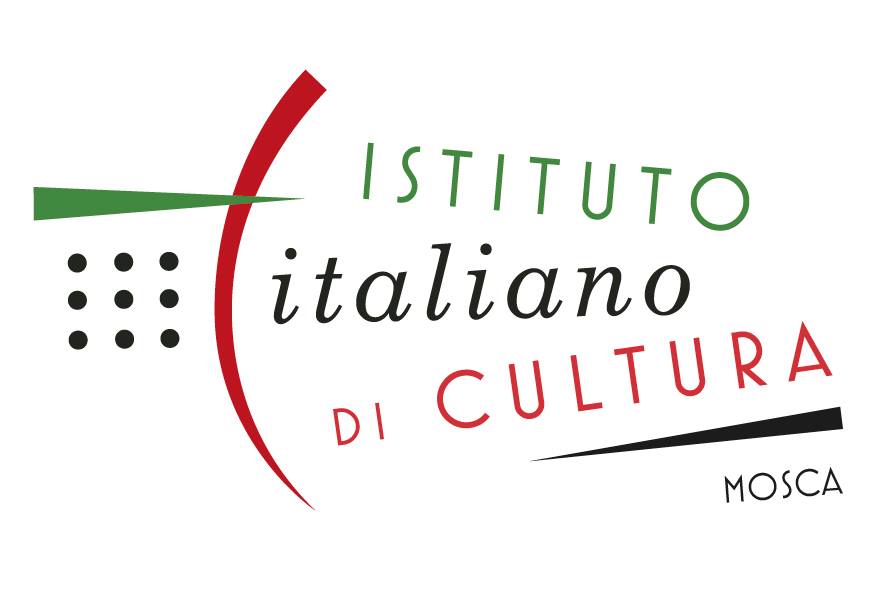
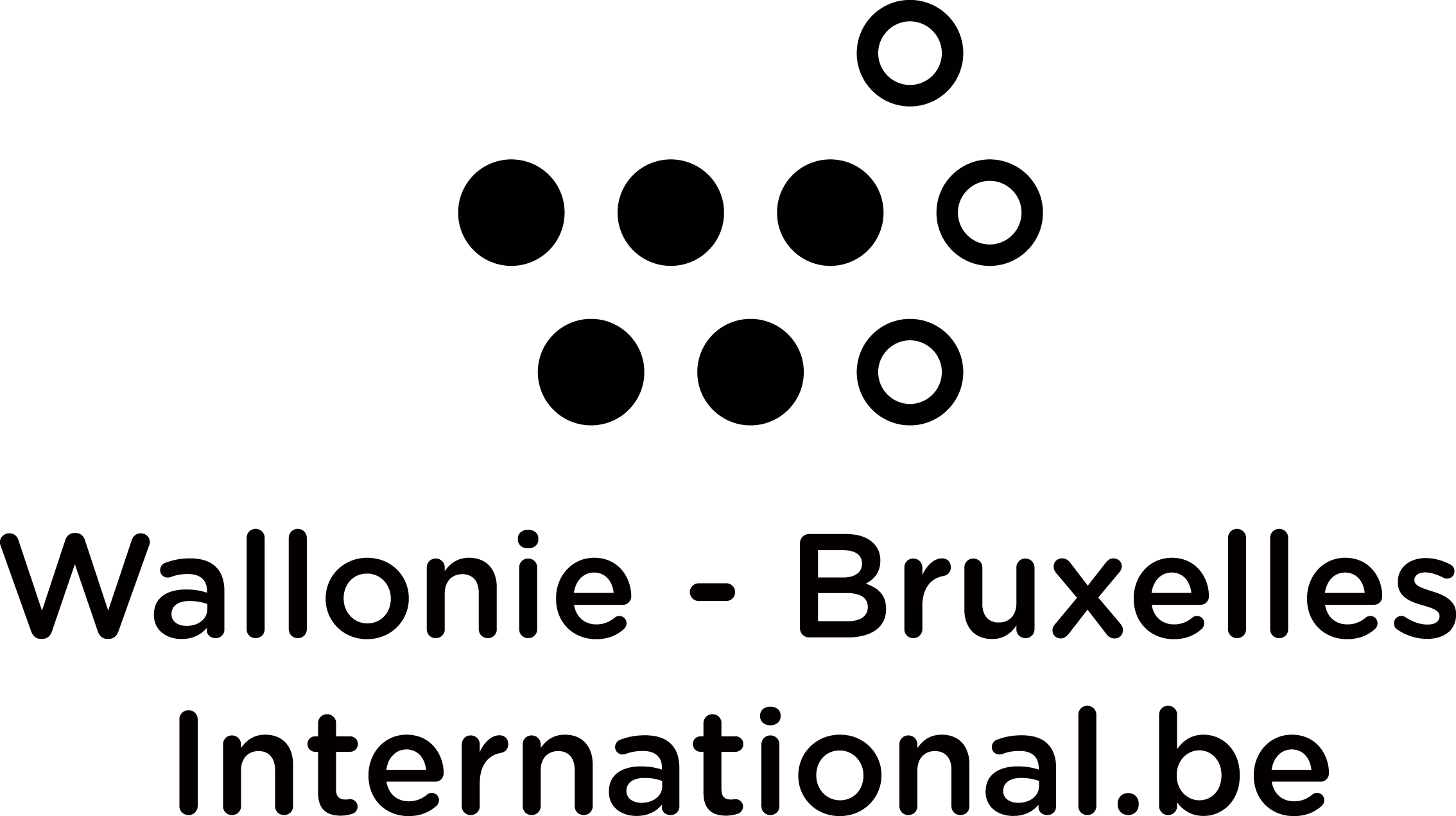
Program:
Arman Gushchyan
Stillhörig for 13 instrumentalists (2013) Russian Premiere
Mehdi Hosseini
Inertia for clarinet, piano, violin and violoncello (2014)
Henry Cowell
Homage to Iran for violin, piano and Persian drum (1959)
____________________
20:00
Discussion
Mikhail Velizhev, professor of Higher School of Economics, author of the book «Civilization, or the War of the Worlds»
Composers participating the concert
____________________
21:00
Klaus Lang
Tehran Dust for harmonium and cello (2013) Russian Premiere
Faradj Karaev
Sermon, Mugam and Prayer for tar and chamber ensemble (1997) Russian Premiere
Performers:
Honored Artist of Azerbaijan
Sahib Pashazade, tar
Studio for New Music Ensemble
Sergey Akimov, conductor
Supported by Austrian Cultural Forum Moscow and the Ministry of Culture of the Republic of Azerbaijan
.png)
![]()
Program:
Music — Olga Neuwirth (2017)
The film “Die Stadt ohne Juden” which came out in 1922 was produced based on the anti-utopian novel of the same name by Hugo Bettauer. The book was written in the conditions of tide of antisemitism gaining power at that time resounding to it with a bitter satire: the writer narrates about the banishment of the Jews from Vienna.
The book was very popular in its time and became the most well-known work by Hugo Bettauer. In 1923 Hans Karl Breslauer began his work on creating the film. The producer altered a number of details, — in particular, he created the real Vienna into an imaginary Utopia. The greater amount of modifications and deviations from the original story were required in order to avoid problems with the censorship. During the exhibition of the film the Nazis were staging riots across the country, and in 1925 Hugo Bettauer was shot by a member of the National Socialist Workers’ Party.
For many years the film “Die Stadt ohne Juden” was considered to be lost. In 2015 it was found by chance at a flea market in Paris and passed on to the Austrian National Cinema Archive, where it was restored. Presently “Die Stadt ohne Juden” is acknowledged to be one of the most important Austrian films of the interwar period and the first cinematographic document directed against antisemitism.
The music of Olga Neuwirth was composed especially for the premiere of the restored version of the film which took place on November 7, 2018 at the Vienna Konzerthaus.
Russian Premiere
Performers:
Studio for New Music Ensemble
Igor Dronov, conductor
Co-project with KaroArt supported by the Austrian Cultural Forum in Moscow and The National Fund of Copyright Holders’ Support
.png)
